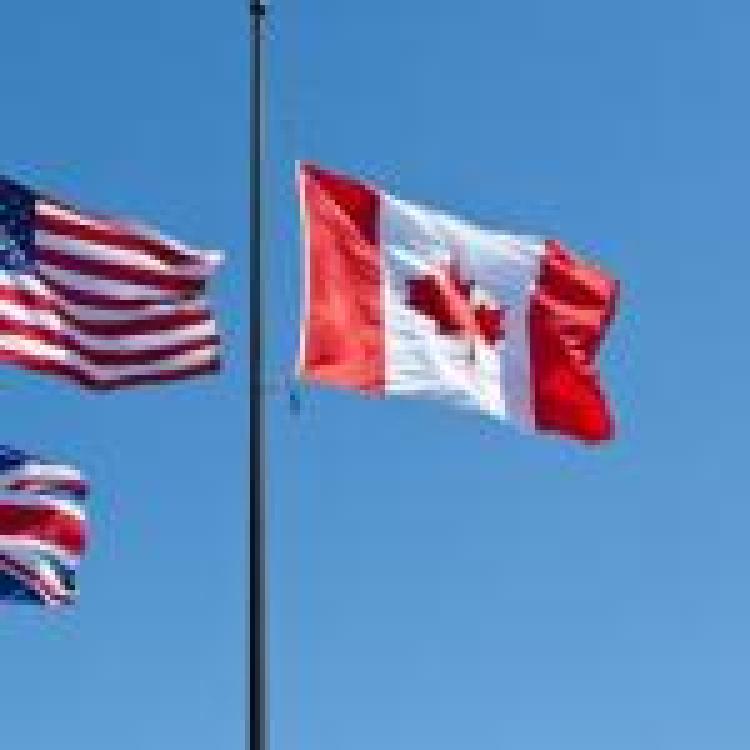![]()
Responding to the latest UN human rights report on Sri Lanka, Amnesty International has demanded the Core Group (consisting of Canada, Germany, Montenegro, North Macedonia, and the UK) present a “meaningful proposal” that ensures accountability for Sri Lankan war crimes.
Commenting on the situation David Griffiths, Director of the Office of the Secretary-General at Amnesty International stated:
“For more than a decade, domestic processes have manifestly failed thousands of victims and their families. Given the government’s decision to walk away from resolution 30/1, and regression on the limited progress that had been made, the Human Rights Council must send a clear message that accountability will be pursued with or without the cooperation of the government.”
Griffiths further emphasised the importance of the Core Group stating:
“The onus is now on these countries, with the support of other UNHRC member states, to present a meaningful proposal that responds credibly to the damning findings and concrete recommendations of this UN report, by putting the Sri Lankan government under proper scrutiny and once again working towards an accountability process agreed at the international level”.
Sri Lanka’s response
![]()
In advance of the UNHRC’s 46th session, the Rajapaksa administration launched yet another domestic Commission of Inquiry to investigate war crimes. Amnesty International notes, Sri Lanka’s “long history of domestic Commissions of Inquiry that have repeatedly failed to deliver justice and reconciliation for victims of human rights violations”. These inquiries, Amnesty notes, “have not led to any prosecutions of those responsible for atrocities” and have had a “decaying effect this has had on human rights in the country”.
In February 2020, the Rajapaksa administration withdraw support for the co-sponsored UNHRC’s resolution 30/1 which had promoted “reconciliation, accountability, and human rights”. Sri Lanka’s foreign secretary, who stands accused of complicity in torture, has since attacked the resolution describing it as an attack upon the country and describing the latest UN human rights report as “unfair and unjust”.
Read more here: Sri Lanka’s foreign secretary hits out at UN, USA and Tamil diaspora
Sri Lanka’s Foreign Secretary further claimed that he was awaiting a draft of a consensual resolution from the Core Group in Geneva.
Numerous human rights organisations have slammed calls for a consensual resolution maintaining it will "achieve nothing".
Amnesty International further urgent the importance of accountability in their report stating:
“For more than a decade, domestic processes have manifestly failed thousands of victims and their families. Given the government’s decision to walk away from resolution 30/1, and regression on the limited progress that had been made, the Human Rights Council must send a clear message that accountability will be pursued with or without the cooperation of the government.”



